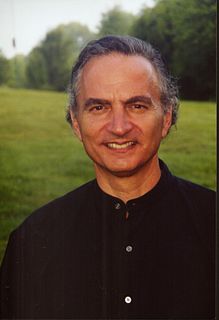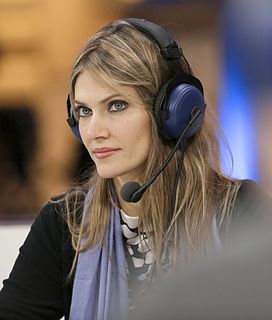A Quote by Andrew Wiles
Well, some mathematics problems look simple, and you try them for a year or so, and then you try them for a hundred years, and it turns out that they're extremely hard to solve.
Related Quotes
Some mathematics problems look simple, and you try them for a year or so, and then you try them for a hundred years, and it turns out that they're extremely hard to solve. There's no reason why these problems shouldn't be easy, and yet they turn out to be extremely intricate. Fermat's Last Theorem is the most beautiful example of this.
If I am practicing spiritual poverty, which says that I own nothing, then the problems aren't mine and neither are the energy and compassion pouring through my heart to try to solve them. I am just a link in the process. If I don't take anything personally, then I can do great work without flagging. The Dalai Lama once said, 'Try with all your might - to work very, very hard - to make the world a better place, and if all your efforts are to no avail . . . no hard feelings!'
The natural tendency of children is to solve problems, but we try to indoctrinate them with facts, which they are supposed to feed back, and then we fail them. And that's child abuse. And you should never raise children that way. You should cultivate and encourage their natural tendencies to create solutions to the problems around them.
I really don't find revivals very interesting because I like new work a lot. I feel like if you're going to pay me, then let me do what I do and let me try to solve some problems. Let me try to make something fly. Why would I do something that everybody has already done the hard work on? But that's me. Tons of people do revivals really well.
I think that education today is a form of child abuse. The natural tendency of children is to solve problems, but we try to indoctrinate them with facts, which they are supposed to feed back, and then we fail them. And that's child abuse. And you should never raise children that way. You should cultivate and encourage their natural tendencies to create solutions to the problems around them.
Teaching and writing, really, they support and nourish each other, and they foster good thinking. Because when you show up in the classroom, you may have on the mantle of authority, but in fact, you're just a writer helping other writers think through their problems. Your experience with the problems you've tried to solve comes into play in how you try to teach them to solve their problems.
How hard is it to build an intelligent machine? I don't think it's so hard, but that's my opinion, and I've written two books on how I think one should do it. The basic idea I promote is that you mustn't look for a magic bullet. You mustn't look for one wonderful way to solve all problems. Instead you want to look for 20 or 30 ways to solve different kinds of problems. And to build some kind of higher administrative device that figures out what kind of problem you have and what method to use.
It is problems that we faced for 30 years and we had to solve them in a couple of years only and the solution really pushed us and the economy couldn't handle it. We had the greatest depression. It wasn't easy and I think we expected the results. But the other thing is we have to try to create the plan B and get us out of this crisis as soon as possible.




































